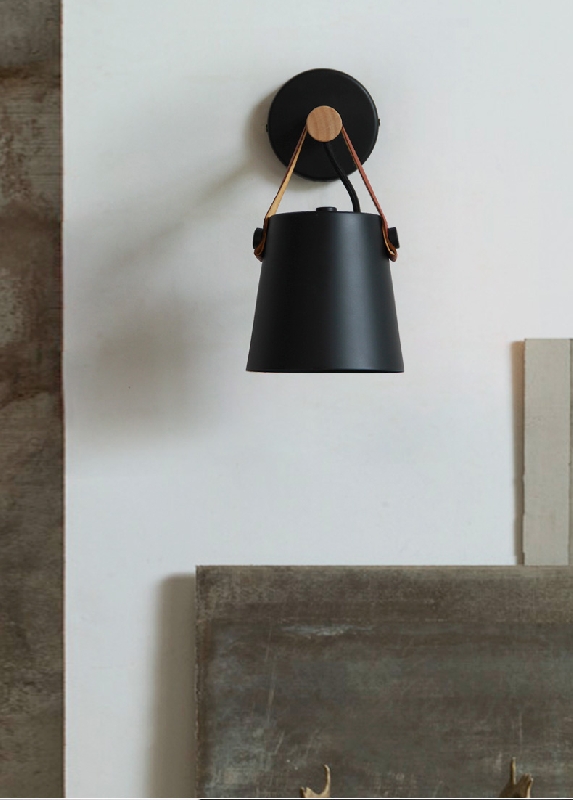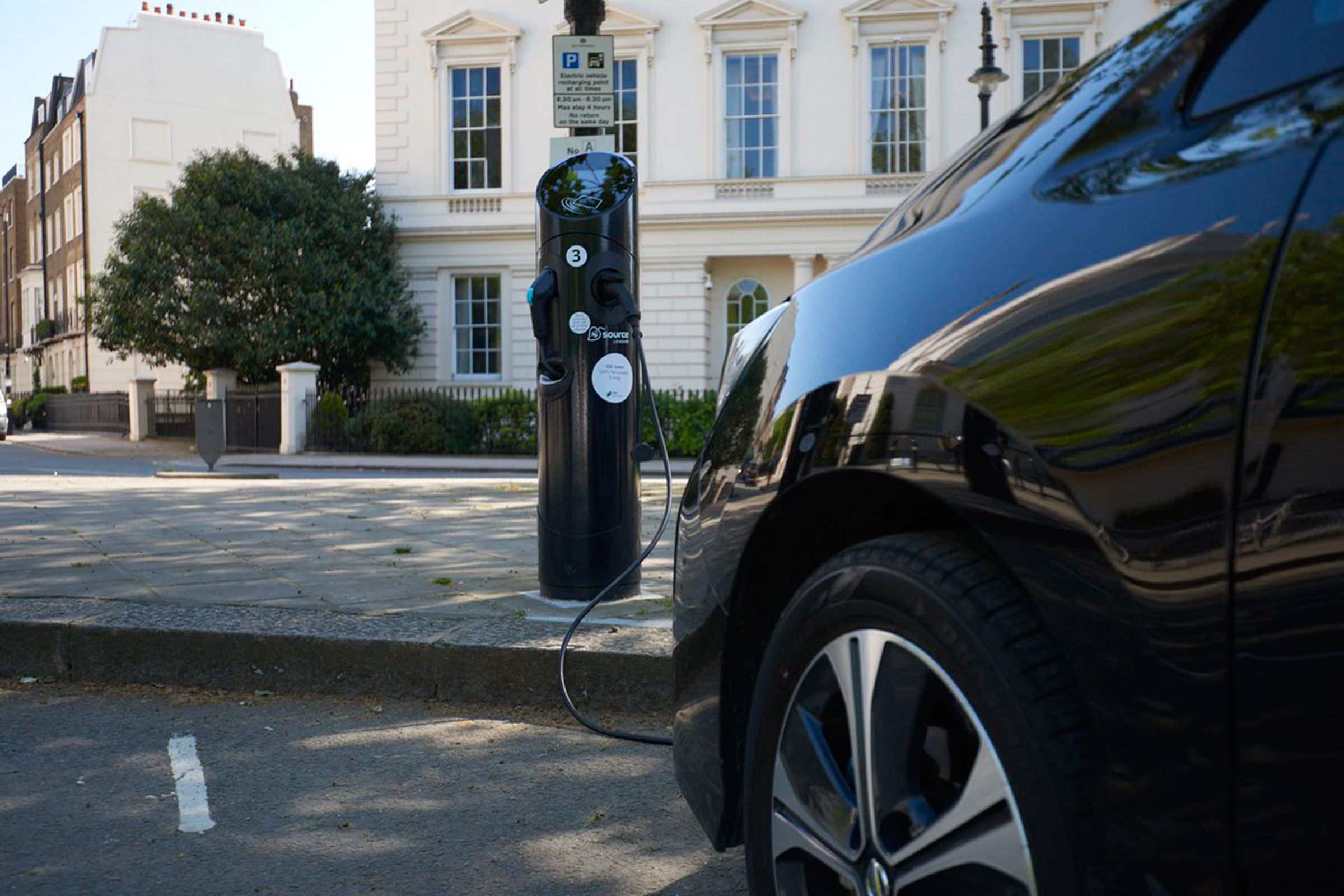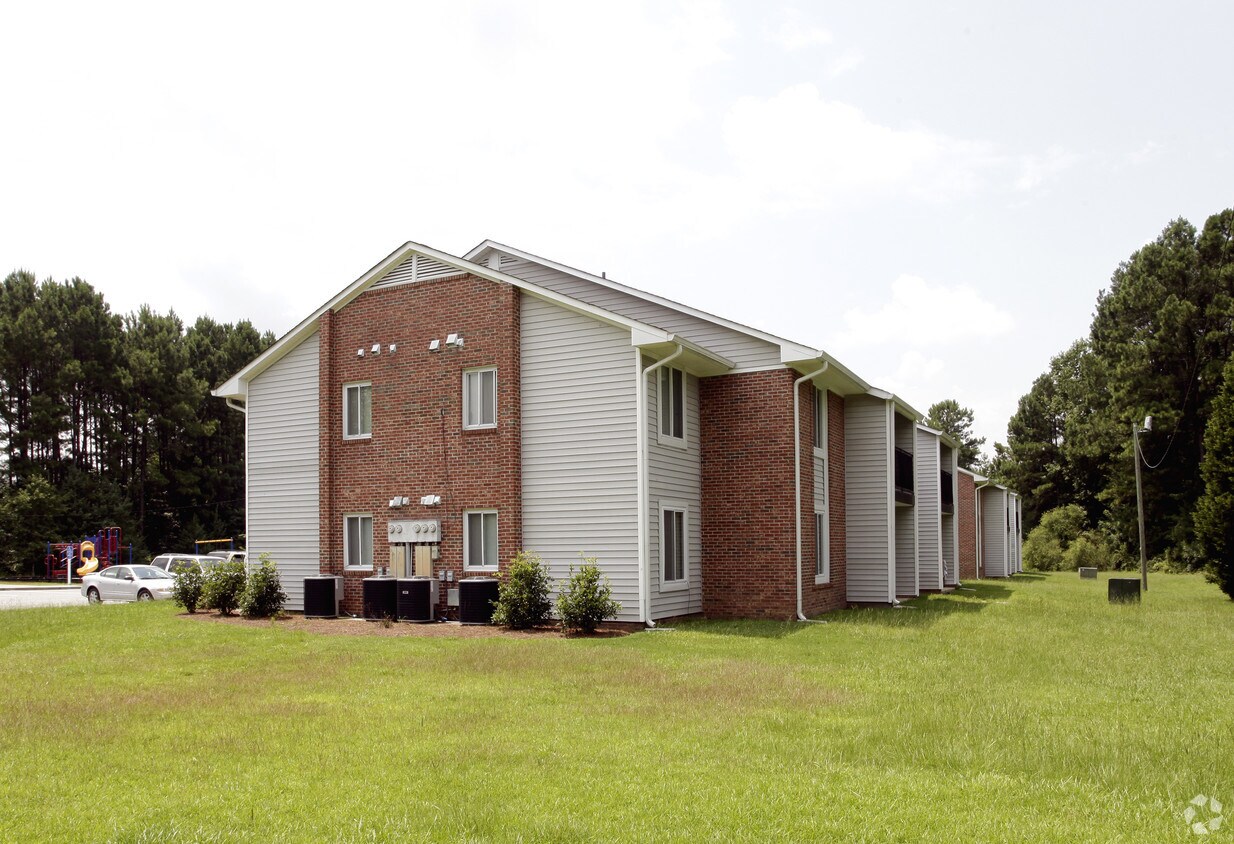Table of Content
In a recent ABC News/Washington Post poll, 24 percent (3% excellent, 21% good) of adults nationwide felt positively about the US economy, while 74 percent (36% not so good, 38% poor) expressed negative views. We present results for non-Hispanic whites, who account for 41 percent of the state’s adult population, and also for Latinos, who account for about a third of the state’s adult population and constitute one of the fastest-growing voter groups. We also present results for non-Hispanic Asian Americans, who make up about 16 percent of the state’s adult population, and non-Hispanic African Americans, who comprise about 6 percent. Results for other racial/ethnic groups—such as Native Americans—are included in the results reported for all adults, registered voters, and likely voters, but sample sizes are not large enough for separate analysis.
About one in three across partisan groups say the outcome of Prop 27 is very important to them. Fewer than half across partisan groups say the outcome of Prop 30 is very important to them. Rachel Lawler is a survey analyst at the Public Policy Institute of California, where she works with the statewide survey team. Prior to joining PPIC, she was a client manager in Kantar Millward Brown’s Dublin, Ireland office. In that role, she led and contributed to a variety of quantitative and qualitative studies for both government and corporate clients. She holds an MA in American politics and foreign policy from the University College Dublin and a BA in political science from Chapman University.
Original Smart Switch For Light or Fan Control
Cell phone interviews were conducted using a computer-generated random sample of cell phone numbers. Additionally, we utilized a registration-based sample of cell phone numbers for adults who are registered to vote in California. After a cell phone user was reached, the interviewer verified that this person was age 18 or older, a resident of California, and in a safe place to continue the survey (e.g., not driving). Cell phone respondents were offered a small reimbursement to help defray the cost of the call. Cell phone interviews were conducted with adults who have cell phone service only and with those who have both cell phone and landline service in the household.
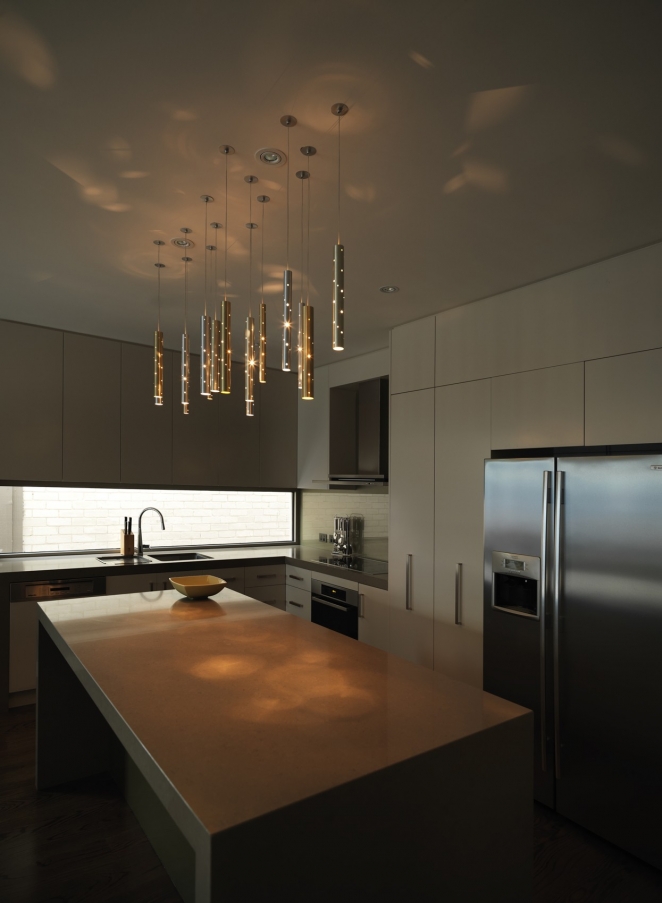
With persistent inflation and concerns about a possible recession in the future, an overwhelming majority of Californians believe the US economy is in not so good (43% adults, 40% likely voters) or poor (33% adults, 36% likely voters) shape. About a quarter of adults (3% excellent, 20% good) and likely voters (2% excellent, 23% good) feel positively about the national economy. Strong majorities across partisan groups feel negatively, but Republicans and independents are much more likely than Democrats to say the economy is in poor shape. Solid majorities across the state’s major regions as well as all demographic groups say the economy is in not so good or poor shape.
Seriously Slick Kitchen Gifts, All Under $25
The sample included 569 respondents reached by calling back respondents who had previously completed an interview in PPIC Statewide Surveys in the last six months. This map highlights the five geographic regions for which we present results; these regions account for approximately 90 percent of the state population. Fewer than half of likely voters say the outcome of each of these state propositions is very important to them. Today, 21 percent of likely voters say the outcome of Prop 26 is very important, 31 percent say the outcome of Prop 27 is very important, and 42 percent say the outcome of Prop 30 is very important. The shares saying the outcomes are very important to them have remained similar to a month ago for Prop 27 (29%) and Prop 30 (42%). Today, when it comes to the importance of the outcome of Prop 26, one in four or fewer across partisan groups say it is very important to them.
Mark Baldassare is president and CEO of the Public Policy Institute of California, where he holds the Arjay and Frances Fearing Miller Chair in Public Policy. He is a leading expert on public opinion and survey methodology, and has directed the PPIC Statewide Survey since 1998. He is an authority on elections, voter behavior, and political and fiscal reform, and the author of ten books and numerous publications.
Views of Democracy from the Golden State
Shares expressing satisfaction have increased somewhat from a month ago (53%) and were similar prior to the 2018 gubernatorial election (60% October 2018). Today, a solid majority of Democrats (79%) and independents (61%) say they are satisfied, compared to fewer than half of Republicans (44%). Majorities across demographic groups say they are satisfied, and notably, women (68%) are more likely than men (56%) to say this. Majorities across the state’s regions say they are satisfied with their choices of candidates in the upcoming gubernatorial election. Democratic incumbent Gavin Newsom is ahead of Republican Brian Dahle (55% to 36%) among likely voters, while few say they would not vote, would vote for neither, or don’t know who they would vote for in the governor’s race.
Majorities across regions and all demographic groups—with the exception of men (49% very important)—say abortion rights are very important when making their choice among candidates for Congress. Landline interviews were conducted using a computer-generated random sample of telephone numbers that ensured that both listed and unlisted numbers were called. Additionally, we utilized a registration-based sample of landline phone numbers for adults who are registered to vote in California. After a household was reached, an adult respondent was randomly chosen for interviewing using the “last birthday method” to avoid biases in age and gender. With all 80 state assembly positions and half of state senate seats up for election, fewer than half of adults (49%) and likely voters (43%) approve of the way that the California Legislature is handling its job.
Awesome Gizmos and Gadgets Under $30 to Gift This Holiday Season
Satisfaction was higher in our February survey when 53 percent of adults and 48 percent of likely voters were satisfied with democracy in America. Today, half of Democrats and about four in ten independents are satisfied, compared to about one in five Republicans. Across regions, half of residents in the San Francisco Bay Area (52%) and the Inland Empire (50%) are satisfied, compared to fewer elsewhere.
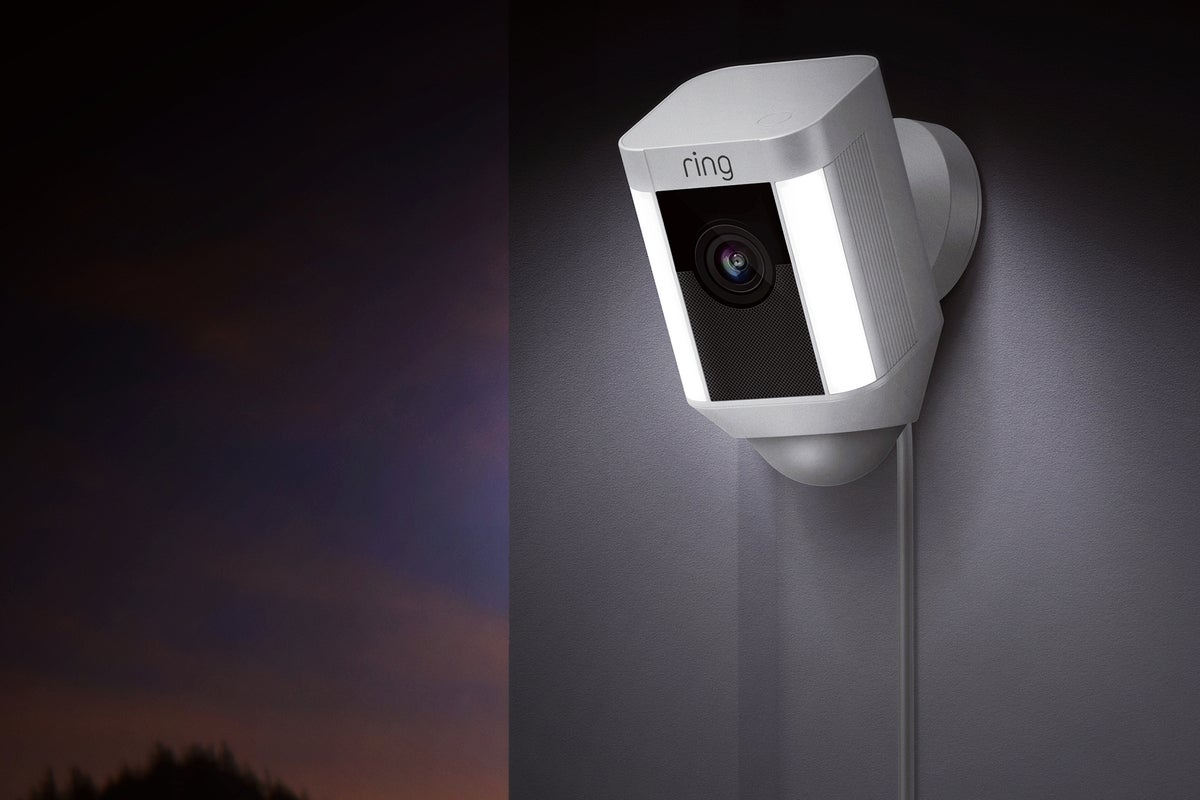
Additional details about our methodology can be found at /wp-content/uploads/SurveyMethodology.pdf and are available upon request through The Lenovo Smart Clock 2 Is Just $25 at Best Buy Right Now This clock is usually $90, but you can save $65 on it if you act fast. Save $70 on the Samsung Galaxy Watch 5 Pro and Get a Free $50 Gift Card Upgrade to the latest Samsung smartwatch and get a free Best Buy gift card with your purchase. Two of Our Favorite Theragun Handheld Massage Guns Are Now Down to $238 Choose from three different styles and save yourself hundreds during this deal. This is one of the best S22 Ultra deals that doesn't require a trade-in or lock you into a service plan.
Older likely voters (27%) are slightly more likely than younger likely voters (21%) to say they are following the news closely. We present results for five geographic regions, accounting for approximately 90 percent of the state population. “Central Valley” includes Butte, Colusa, El Dorado, Fresno, Glenn, Kern, Kings, Madera, Merced, Placer, Sacramento, San Joaquin, Shasta, Stanislaus, Sutter, Tehama, Tulare, Yolo, and Yuba Counties. “San Francisco Bay Area” includes Alameda, Contra Costa, Marin, Napa, San Francisco, San Mateo, Santa Clara, Solano, and Sonoma Counties.

We analyze the results of those who live in competitive house districts as determined by the Cook Political Report’s 2022 House Race Ratings updated September 1, 2022. These districts are 3, 9, 13, 22, 27, 40, 41, 45, 47, and 49; a map of California’s congressional districts can be found here. California voters have now received their mail ballots, and the November 8 general election has entered its final stage. The 2022 midterm election also features a closely divided Congress, with the likelihood that a few races in California may determine which party controls the US House. Among partisans, an overwhelming majority of Democrats (78%) and 55 percent of independents say it is very important, compared to 43 percent of Republicans.



